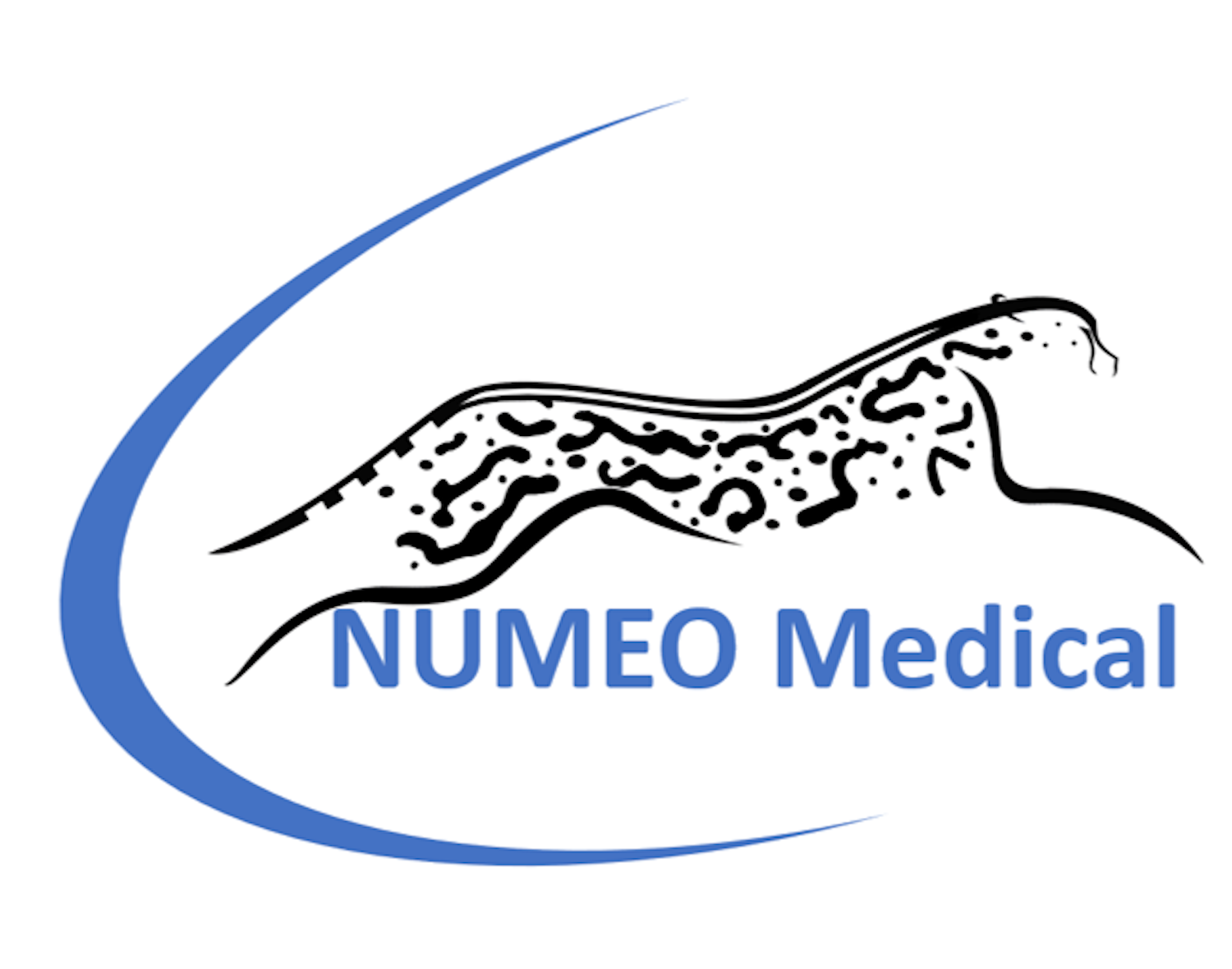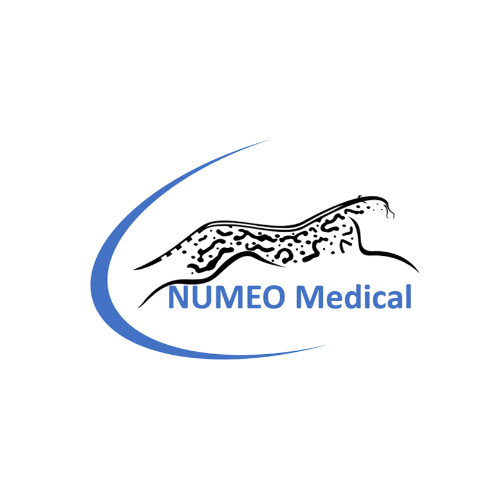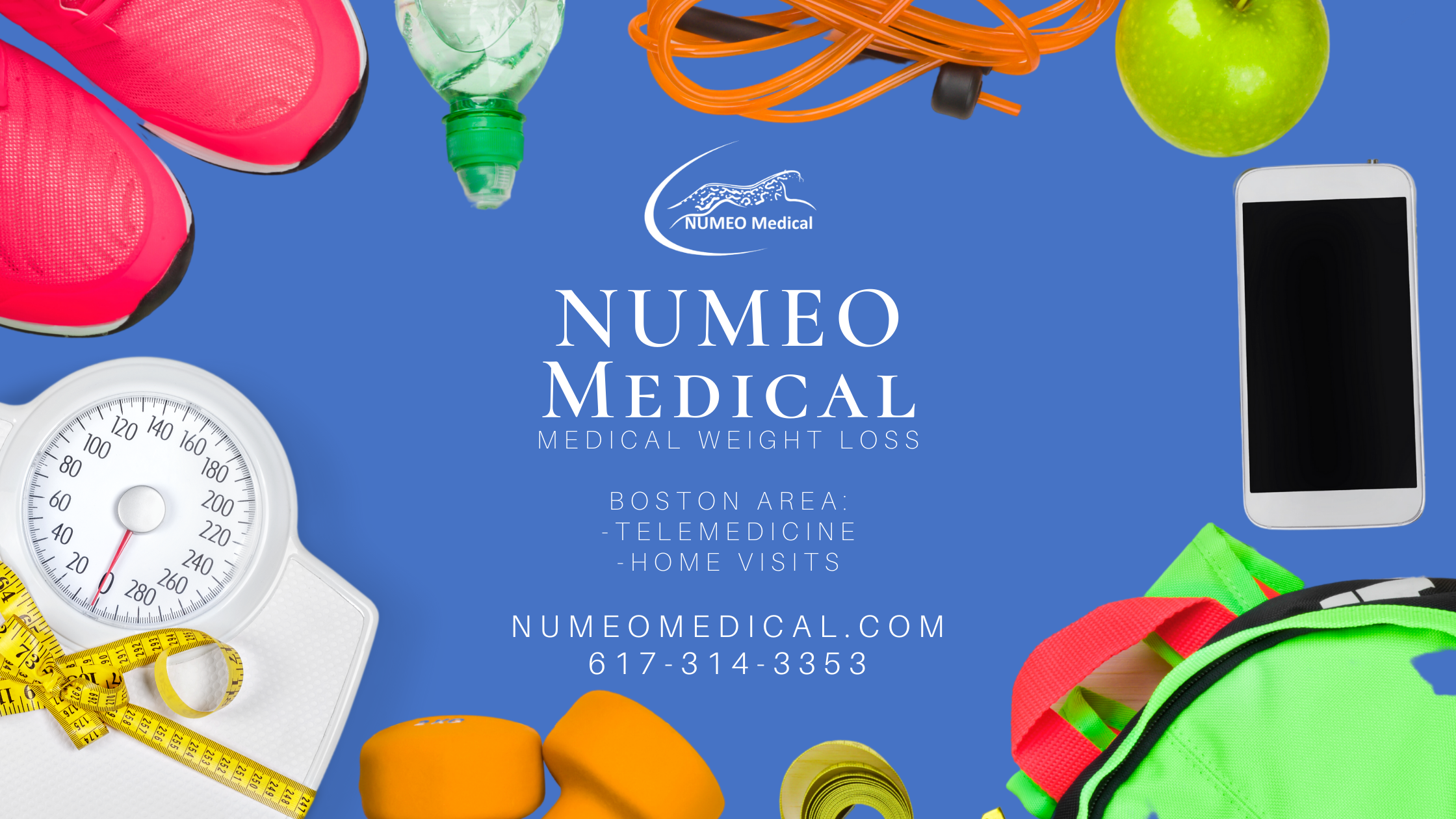Water Soluble Vitamins
Sometimes vitamins are classified by how they dissolve in liquid. There are only four vitamins that dissolve in fat. Most are water soluble.
Here are some that are regularly found in our diet plans.
• Thiamine (B-1) – This is a coenzyme, which is a small compound that will help enzymes work. In fact without the coenzyme, the enzyme wouldn't produce the chemical reaction it should. Thiamine helps convert nutrients into energy. The best sources for B-1 include nuts, seeds, whole grains, liver, and pork.
• Riboflavin (B-2) – This is another coenzyme that helps enzymes perform properly. Found in a wide range of foods like liver, almonds, and goat cheese. You can also find them in eggs, leafy vegetables, milk, mushrooms, and legumes (peas and peanuts). It is the only vitamin used as a food coloring.
• Niacin (B-3) – This is the only vitamin your body can produce from another nutrient, tryptophan. It is essential in cellular function, as an antioxidant, and to extract energy from glucose. Niacin is found in turkey, pork, peanuts, and sunflower seeds.
• Pantothenic Acid (B-5) – This is found in almost every food source. It helps to synthesize fatty acids, amino acids, steroid hormones, and other compounds.
• B-6 – This vitamin is involved in red blood cell formations, energy, and amino acid metabolism, and supports white blood cell formations. It also helps release glucose from glycogen, which is what the body uses to store carbohydrates. It is found in pistachios, sunflower seeds, liver and salmon.
• Biotin (B-7) – Biotin is found alone or as bound to proteins. Touted as helping hair, nails and skin, there is no definitive proof of its effectiveness. Biotin is involved in many functions including fatty acid synthesis, glucose formation, and amino acid metabolism. It is found in organ meats, fish, egg yolks, dairy, legumes, leafy greens, and nuts.
• B-9 – Sometimes called folic acid or folate, it is found essential for cell growth, forming DNA, and metabolizing amino acids. It is critical during times when cells are dividing and growing like pregnancy and infancy. It is also important in forming both red and white blood cells and its deficiency can cause anemia. It is found in chickpeas, edamame, asparagus, and is often added as a supplement to foods.
• B-12 – This is the only vitamin that contains a metallic element, cobalt. That is why it is sometimes known as Cobalamin. It maintains brain function, neurological functions, and red blood cell production. It is necessary to convert protein and fat into energy. It is only found in animal foods including meat, dairy, eggs, and seafood.
• C – The only water-soluble vitamin not in the B category, this is a main antioxidant and is necessary for collagen synthesis, which is the main protein in connective tissues like ligaments, tendons, skin and bones. It is sometimes recommended to help with muscle cramps. Found in raw fruits and vegetables, cooking can actually diminish the amount of C.
Ask your physician for advice about what vitamins you may need to supplement



